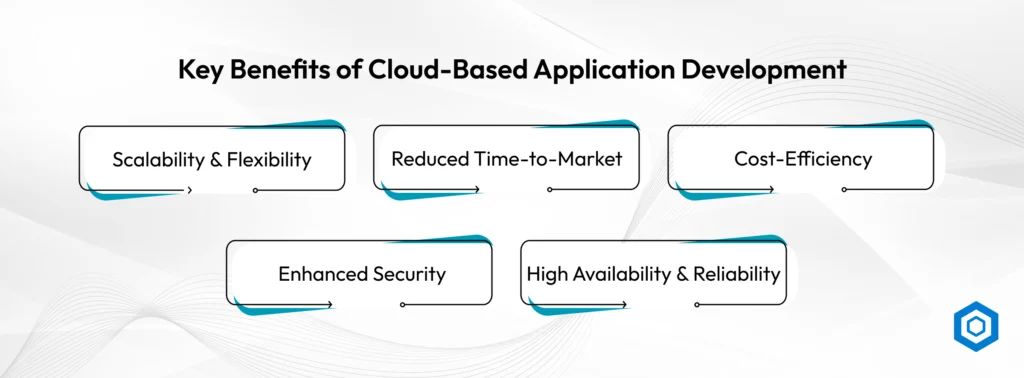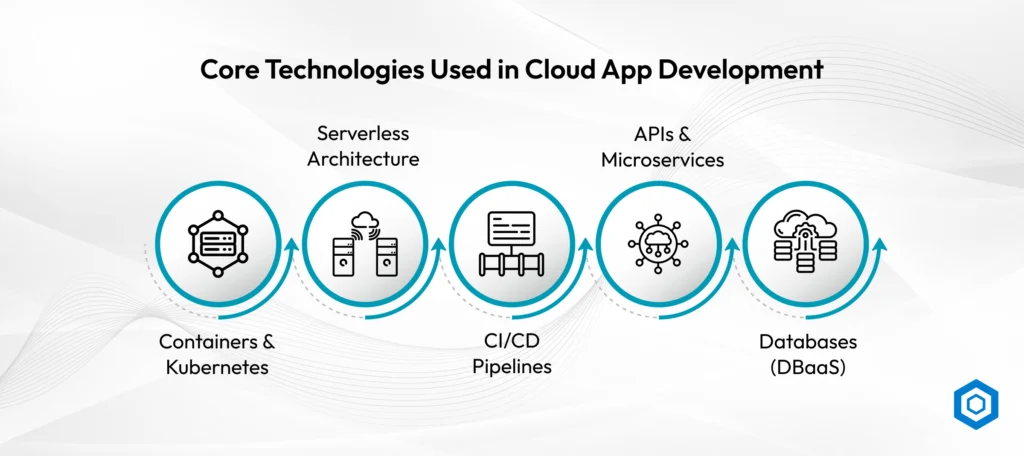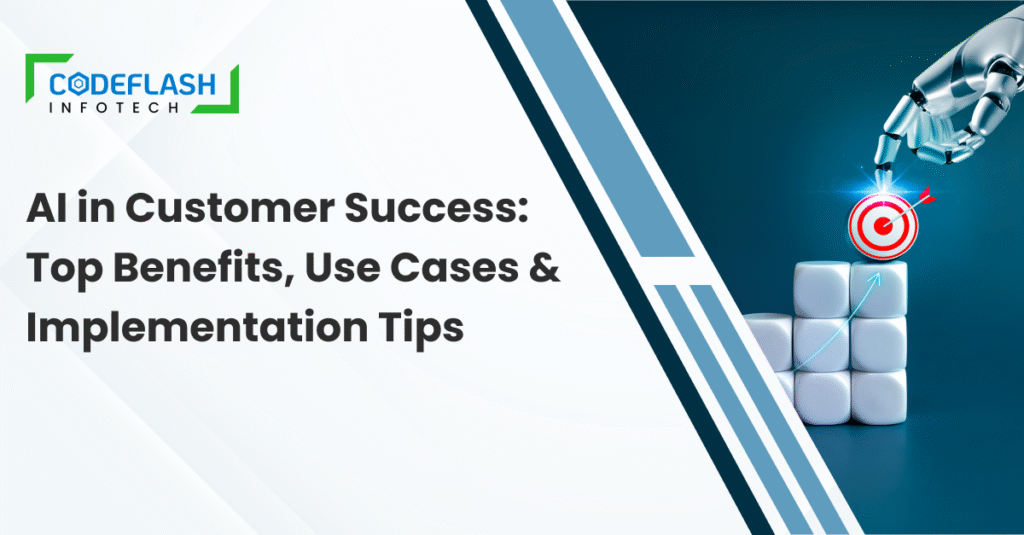
Cloud-Based Application Development: Benefits, Process & Best Practices
07 AUGUST
In the ever-changing digital landscape of modern times, cloud-based application development emerges as a strategic business need for organizations seeking to pursue agility and scale with innovation. As the need for smooth digital experiences increases, the traditional model of system development will become inadequate due to a lack of flexibility and efficiency. With cloud, developers can easily build, deploy, and scale applications as never before. The Cloud Application Development Platform market was valued at $ 515.31 billion in 2022 and is estimated to reach $ 1073.03 billion by 2030.
The guide takes you through the basics of cloud-based application development, what it offers, the key technologies that it utilizes, and what it entails in selecting the best application development services to partner with your business.
What is Cloud-Based Application Development?
Cloud-based application development also refers to the creation of applications that run on cloud-based infrastructure, rather than being used on local servers or devices. The services are run on platforms such as Amazon Web Services (AWS), Microsoft Azure, or Google Cloud Platform (GCP), and utilize cloud-native characteristics, including scalability, microservices, and distributed storage.

Key Benefits of Cloud-Based Application Development
1. Scalability and Flexibilit
Cloud applications allow for dynamic scaling of applications according to usage patterns. Whether you are currently facing an unwelcome traffic surge or want to scale operations globally, cloud environments support growth without compromising services.
Explore our work! View our cloud app development portfolio for real-world examples.
2. Reduced Time-to-Market
The modern cloud environment comprises a set of ready-made tools, frameworks, and integrations that significantly impact the acceleration of the development process. This enables a software development company to deliver its products more quickly and respond effectively to market demands.
3. Cost-Efficiency
In the cloud-based models, you only pay for what you consume. This does not require heavy up-front investments in hardware and infrastructure.
4. High Availability and Reliability
The cloud service providers provide preloaded redundancy, load balancing, and disaster recovery opportunities so that your app can keep working even in the case of failures.
5. Enhanced Security
Reputed providers like AWS and Azure follow compliance and safety measures. Collaborating with providers of AWS development services can provide you with a cast-iron guarantee that your cloud app will be guarded against whatever attempts these cyber-criminals undertake.

Core Technologies Used in Cloud App Development
Coders who want to write strong cloud-native applications use various cutting-edge tools:
- Containers and Kubernetes: For deploying and managing microservices.
- Serverless Architecture: The serverless architecture enables developers to code without the need for management.
- CI/CD Pipelines: Automate testing and deployment processes for faster, more reliable releases.
- APIs and Microservices: Promote scalable, modular, and flexible architecture.
- Databases-as-a-Service (DBaaS): Databases specific to the cloud, such as Amazon RDS and Firebase.
Do you have questions or would you like to start your cloud app project? Email us directly
Cloud Application Development Models
Cloud apps can be categorized into three service models:
- Software as a Service (SaaS)
SaaS applications exist entirely in the cloud and are accessed through a web browser. They can be Google Workspace, Salesforce, and Dropbox. Companies that want to develop SaaS products must collaborate with a well-experienced software development company that specializes in multi-tenant architecture and cloud security. - Platform as a Service (PaaS)
PaaS is a development platform and a tool set that does not directly manage infrastructure. Perfect for speed and simplicity of development teams. - Infrastructure as a Service (IaaS)
Provides virtualized computing resources over the Internet. Infrastructure is more under the control of the developers and is helpful with complex custom applications.
Choosing the Right Application Development Partner
Locating the optimal match when it comes to cloud-related application development may either make or break your project. When considering application development services, consider the following:
- Experience & Portfolio: Look for a proven track record in cloud environments.
- Technology Expertise: The team should be well-versed in AWS, Azure, or GCP, and also have a strong understanding of containerization, microservices, and DevOps.
- Development Model: Choose a team that allows you to hire dedicated developers for focused and agile development.
- Support & Maintenance: A confident team must be provided with post-deployment support to deal with updates, scaling, and security patches.
Cloud-Based Mobile App Development
With the high-rise use of mobile, cloud-based mobile app development services are gaining popularity. Such applications provide:
- Cross-platform compatibility
- Real-time syncing across devices
- Easier updates and maintenance
- Better scalability
For example, using Firebase or AWS Amplify, mobile developers can rapidly build and scale apps without worrying about backend complexities.
Conclusion
Cloud-based application development is a fast, scalable, and economical method of developing modern applications for businesses. Whether it’s a SaaS solution, mobile app, or a system that utilizes cloud services, businesses can empower innovators to go further and safer. As a small growing company or an established firm, you can find the services of the correct application development services provider, and make sure that you hire dedicated developers to transform your ideas into the following best-selling cloud-native products.
Ready to build your cloud app? Contact our experts today to discuss your project requirements.
Frequently Asked Questions
The most popular are Amazon Web Services (AWS), Microsoft Azure, and Google Cloud Platform (GCP). Both provide powerful tools and services aimed at supporting the scalability and security of application development.
Cloud development is scalable, cost-effective, easier to deploy, and accessible to the entire world, making it a better option for use in modern applications
It is possible to develop web programs, mobile applications, enterprise solutions, and Software as a Service (SaaS) via cloud technology.
Outsource to a reliable software development agency or learn about companies that will enable you to hire developers on a dedicated basis who already have experience in cloud settings.





